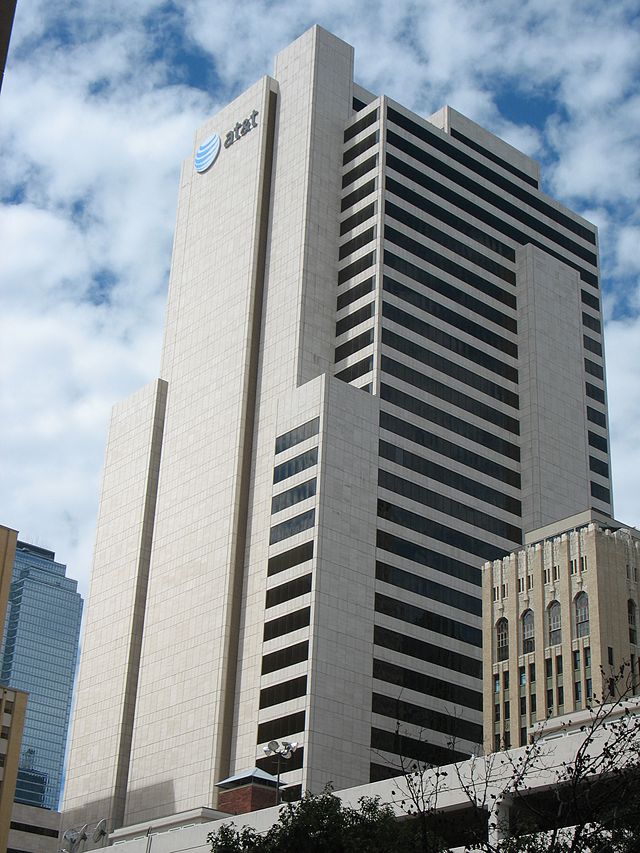Yesterday, Mr Justice Coulson delivered an extensive judgment in the case of Cassley and Others v GMP Securities Europe LLP & Sundance Resources Limited [2015] EWHC 722 (QB), in which he dismissed the claim for damages brought by the estate of the Deceased (James Cassley) against his employer (GMP) and its client (Sundance), an Australian mining company, who chartered the ill-fated flight. This case was heard only weeks after the decision in Dusek v Stormharbour Securities LLP [2015] EWHC 37 (QB) in which an employer was found to be liable for the death of its employee on facts that were superficially similar to the present. The judgment is of significance to the developing field of employer liability in negligence for death of and/or injuries caused by third party carriers to its staff when engaged in overseas travel. In particular, the judgment provides guidance as to the standards of care that are expected, and perhaps more significantly not to be expected, from employers.
GMP were successfully defended by John Ross QC and Kiril Waite instructed by Berrymans Lace Mawer LLP.
In 2010, Sundance had approached GMP, who were the London division of a Canadian investment bank, with a view to retaining their services in raising capital for its mining project in Nabeba, Democratic Republic of Congo. The Deceased was a corporate finance executive employed by GMP. He was invited to join Sundance’s board of directors on a private charter flight from Yaoundé, Cameroon to an airstrip used by the mine project in the Congo. Tragically, the flight never reached its destination. The aircraft struck the side of a mountain ridge some 70km short of the airstrip and all aboard were killed.
The claim against GMP was brought both for breach of statutory duty and in negligence at common law, based on the non-delegable duties owed by an employer to its employee. The central allegation in the case was that GMP made no risk assessment and no enquiries into the air carrier chartered for the flight. It was asserted that, had they done so, the results of those enquiries would have led them to conclude that it was not safe for the Deceased to have boarded the flight to the Congo. Moreover it was contended that the risk assessment for this one-off trip ought to have been undertaken by an aviation consultant or auditor who also would have known what enquiries to make.
On the undisputed facts, there had been a last-minute change in the air carrier for the flight to the Congo, which GMP did not know nor could reasonably have been expected to know. Accordingly any risk assessment or enquiries made would have been in respect of the original carrier.
The factual matrix was complicated by the fact that prior to the Deceased boarding the flight, Sundance required that GMP sign a confidentiality agreement which included a clause that purported to require that it would indemnify Sundance for any injury or death caused to the Deceased. That agreement was never properly executed and not therefore binding. In closing the Claimants sought to advance a new case on causation based on this agreement, namely that no reasonable employer, who had been asked to sign such an agreement, would have permitted its employee to board the plane.
Coulson J found that whilst GMP was in breach of its own internal health and safety policy and had failed to make any enquiries about the flight with Sundance, who were the flight charterer, these failings did not amount to an operative breach of duty. He rejected the contention that a company such as GMP ought to have instructed an aviation consultant from the outset. In his judgment Coulson J gives consideration to the types of enquiries that a reasonable employer should make, such as consulting the FCO website. However on the facts of this case, those enquiries would have made no difference to the outcome.
Ultimately the claim against GMP failed on causation. There was no evidence before the court that the original air carrier, which GMP had expected would be used, was anything but safe. Even assuming that GMP had found out about the last minute change in carrier, the results from any enquiries that it could reasonably have been expected to make would have led it to reach the conclusion that the substitute air carrier was a safe carrier choice for this flight. The Claimant’s new case on causation based on the confidentiality agreement was also rejected by Coulson J. It was a complete non-sequitur for an employer faced with such a document to simply deny its employee entry on board the flight. The claim against Sundance also failed on the ground that, although Sundance had assumed a duty of care to the Deceased, it had undertaken reasonable enquiries into the suitability of the substitute carrier it selected for the index flight.
Claims against employers whose staff are injured or killed in aviation disasters have become something of a burgeoning area in the arena of employer’s liability. This judgment will provide valuable guidance to those involved in this expanding field of litigation.
SOURCE: piBlawg – Read entire story here.



